With Earth Day just around the corner on April 22, many communities are turning their focus to sustainability. In Athens-Clarke County, the public utilities department took advantage of a less conventional holiday to educate residents about water sanitation — Valentine’s Day.
Sixteen guests arrived at the Middle Oconee Water Reclamation Facility on the afternoon of Feb. 13, following a path of white rose petals into a conference room.
Inside, Jackie Sherry, the water conservation coordinator for the Athens-Clarke County public utilities department, had decorated the room with hearts and set up water-sanitation themed goodies for the participants of the facility’s annual romantic Valentine’s Day tour.
“It seemed like a really unique Valentine’s Day experience,” said Zachary Cope. Cope had just moved in with his girlfriend Hannah Brown, and was setting up a payment account for their new home when they heard about the event at the utilities office.
“I love to learn how things work, so it just sounded fun to come take a tour,” Brown said.
The Middle Oconee Water Reclamation Facility offers four public tour events a year, including a Valentine’s Day-themed one since 2014. This year, the free tours were held on Feb. 13 and 14 and were fully booked weeks ahead of time.
“Most people don’t think about what happens to the water when it goes down the drain or when they flush the toilet, but this gives them the process,” Sherry said.
Sherry started the tour by giving an overview of Athens’ three water reclamation facilities, which have a combined ability to treat 28 million gallons of wastewater per day. While Athens has been cleaning used water since 1962, Sherry said the facilities weren’t a federal requirement until the Clean Water Act of 1972.
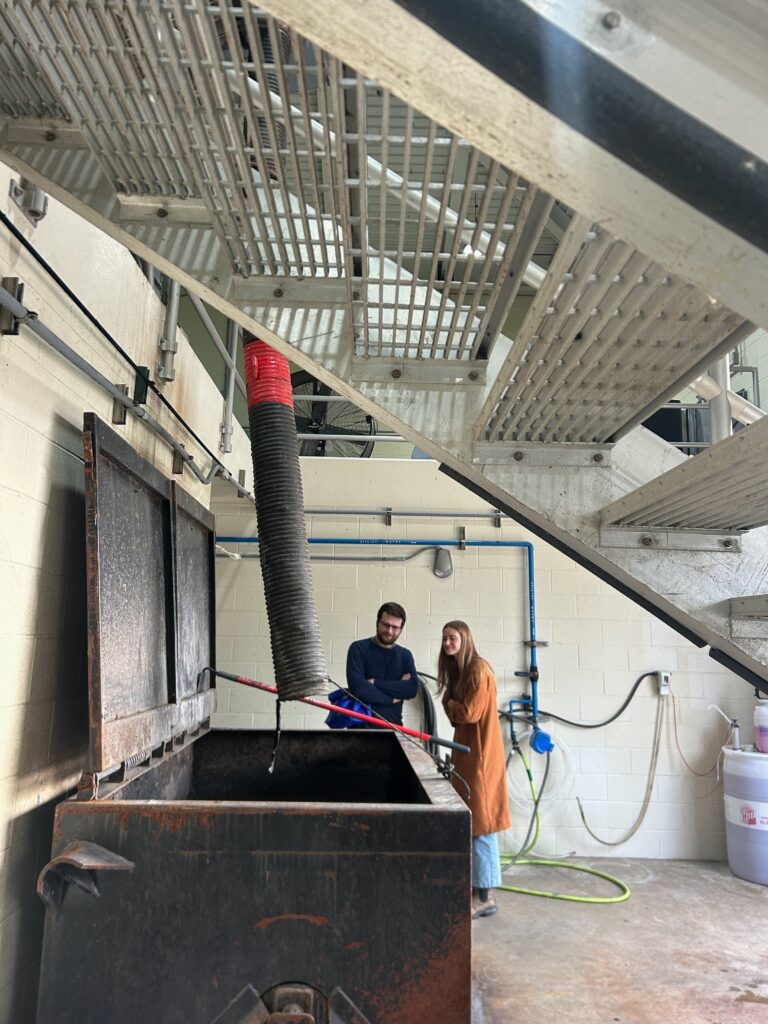
Participants saw collages of recovered items, including Diet Coke bottles and an SEC Championship ring, as Sherry clarified the difference between flushable and treatable waste. She warned specifically about ‘flushable’ wipes which often clog pipes, and also showed pictures of fatbergs — large sewer buildups caused by grease in pipes.
Before beginning the tour around the facility grounds, Sherry highlighted the facilities’ FOG program, which accepts fats, oils and greases to recycle into biodiesel. According to Sherry, Athens recycled 4,000 pounds of FOGs through the program last year.
The group, composed mostly of couples, followed Sherry outside to the headworks building, which is the first stop for influent water. Water is pumped to the hill-top building, which lets gravity assist in moving the water to the next stop once trash and grit is sorted out.
Participants took pictures throughout the tour, both of the facility itself and at designated photo-ops put up for the event. Few of the attendees knew much about the process before the tour, but many were eager to learn.
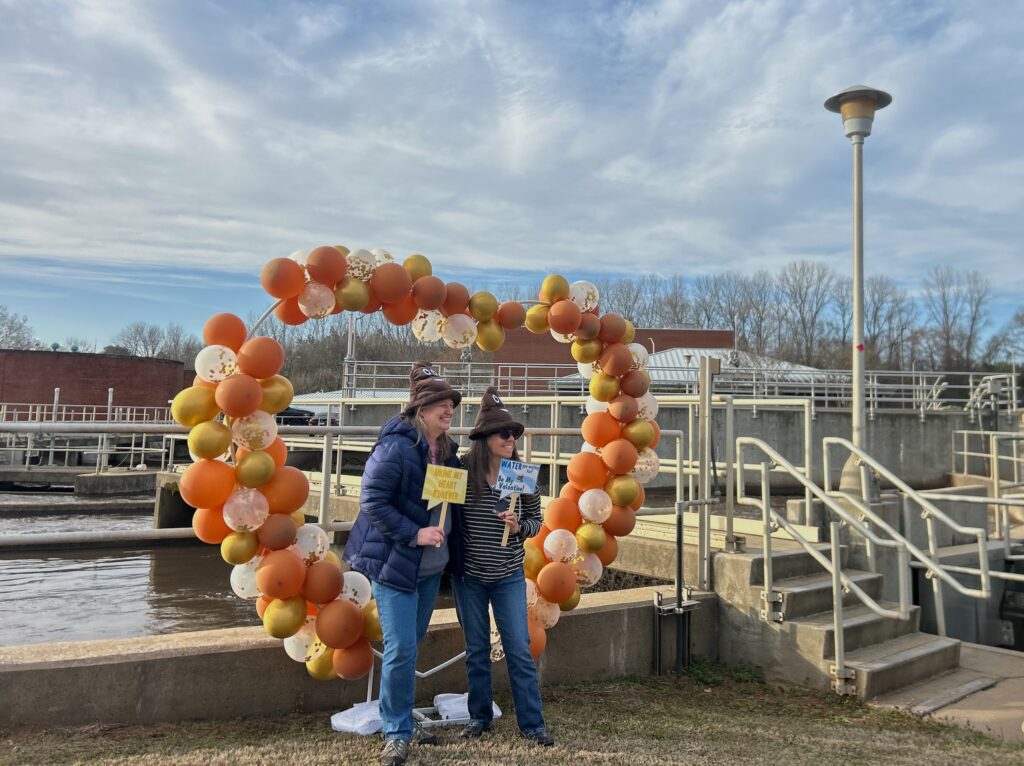
“Jackie and I are in a yoga class together and she’s told me about the tour for years, so I’ve always wanted to go,” said Keira Digel Drake, who works as a librarian.
In college, I took an environmental studies class, and we went to the reclamation plan in my college town and I was fascinated. If I could turn back time, I absolutely should have gone into public utilities and hydrology.”
After headworks, the filtered water then goes to aeration basins, which can each hold 1 million gallons of water. The basins are filled with the same microorganisms that are naturally found in lakes and rivers, which feed on pollutants like ammonia, phosphorus and nitrogen and filter them out over around 20 hours.
Once the water has been treated by the microorganisms, they are removed at the clarifiers, which was the third stop on the tour. A large spinning mechanism separates the microorganisms as they settle, and the remaining clear water is disinfected using ultraviolet light before being released back into the Middle Oconee River.
While attendees spent around an hour walking through the different steps of the reclamation process with Sherry, Katie Kirkland, the program education specialist for the public utilities department, prepared a surprise at the end with tables of fruit, wraps and aquatic-themed desserts.
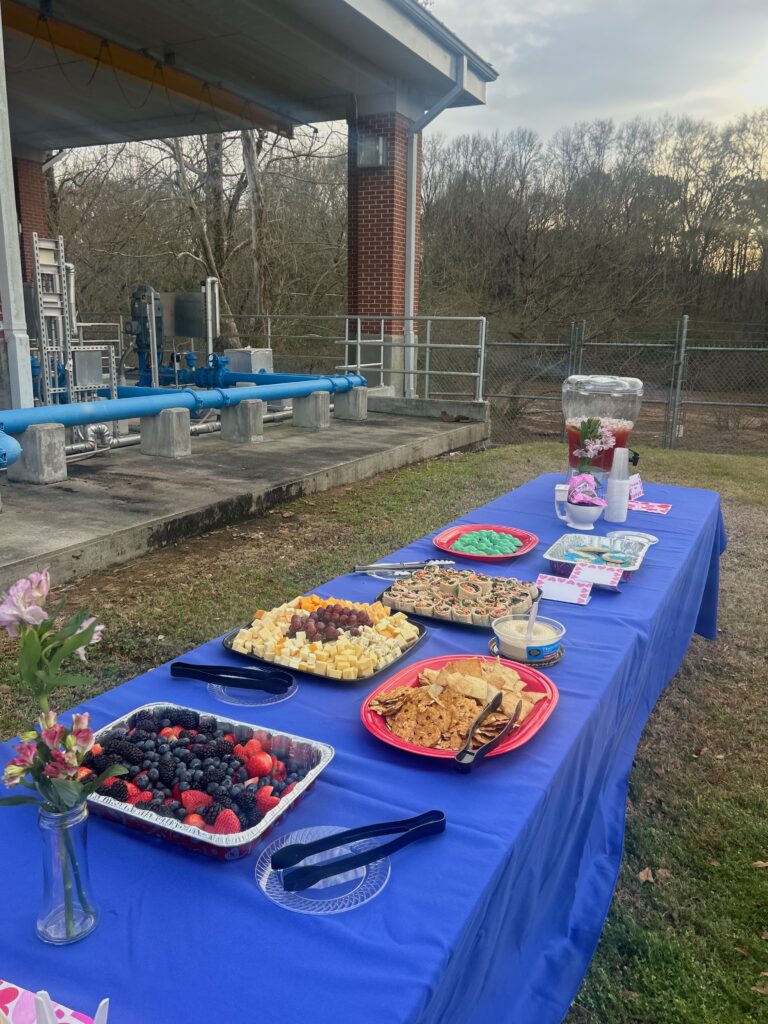
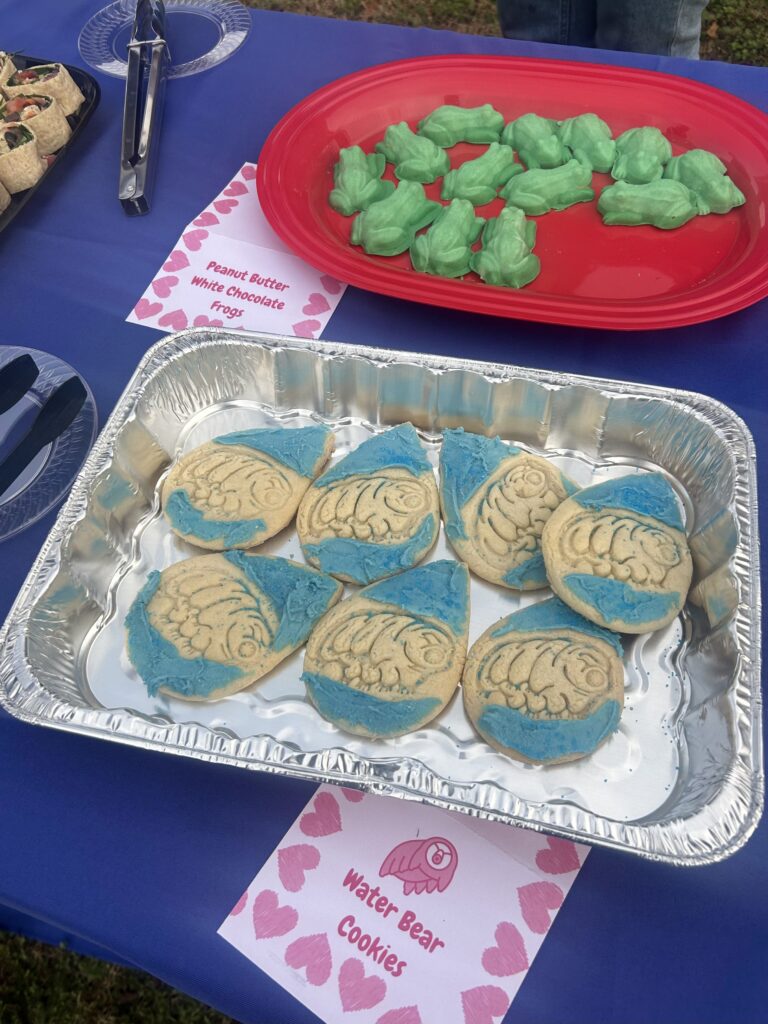
Kirkland started working for the public utilities department slightly over one year ago, and played a large role in planning the 2024 and 2025 Valentine’s Day tours.
“Planning the first one was one of the first things that I worked on with Jackie when I started here, and it’s been so fun to have a second rodeo,” Kirkland said.
The team started planning the theme tour back in December, and marketed on Instagram, Facebook and traditional paper flyers included in residents’ monthly water bills.
Bill Rettig, a second-year student at the University of Georgia, felt inspired to go with his girlfriend after seeing the event in his bill.
“There were a lot of puns in the invitation,” Rettig said. “It sounded really nerdy and really fun.”
While the tour packed a complicated process into a 90-minute window, Sherry hopes participants walk away with one, easy to follow lesson.
“My biggest thing is to know the four P’s of flushing; so pee, poop, paper and puke. As long as you know that, I’ll be happy with what you learned.”
Lola Murti is a senior studying journalism and economics at the University of Georgia.




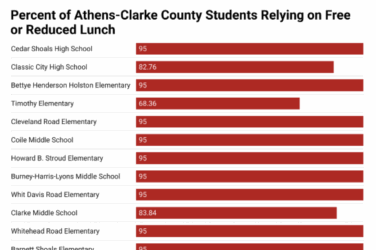
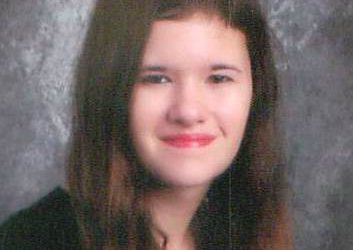
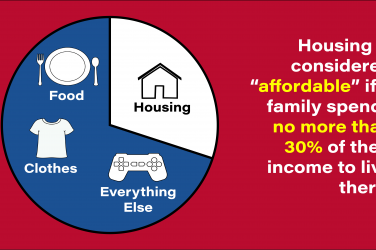

Show Comments (0)